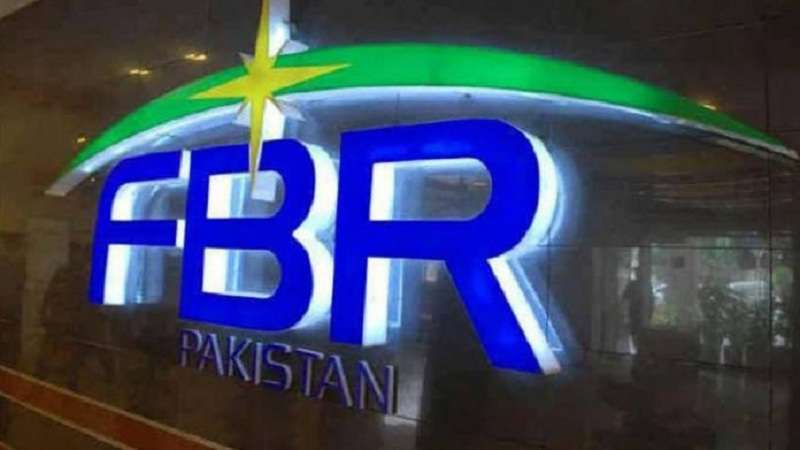(PkRevenue.com) – In a bid to curb revenue leakage and enhance the documentation of financial transactions, the Federal Board of Revenue (FBR) has proposed imposing a withholding tax on government securities sold before their maturity. This proposal is part of the FBR’s budget recommendations for the fiscal year 2024-25.
Tax managers at the FBR have identified significant revenue losses due to the premature sale of government securities, which currently escape the tax net due to the absence of specific legislative provisions. Presently, withholding tax on government securities is collected or deducted by the State Bank of Pakistan (SBP) under section 151(1)(c) of the Income Tax Ordinance, 2001, but only at the time of maturity.
Government securities are actively traded at premiums or discounts through investment portfolio security accounts maintained in scheduled banks. However, there is no withholding tax prescribed on the trading of these securities before maturity. As a result, a large number of these investment transactions remain unreported and untaxed, leading to substantial revenue leakage.
To address this issue, the FBR managers have suggested an amendment to the existing tax laws. They propose that for the purposes of clause (c) of section 151(1), where any amount is invested through an Investment Portfolio Securities (IPS) account, the banking company maintaining the IPS account should be responsible for deducting and depositing the tax.
This proposed measure aims to ensure that all transactions involving the sale of government securities before maturity are documented and taxed appropriately. By making the banks responsible for the deduction and deposit of the withholding tax, the FBR intends to create a more robust mechanism for tracking and taxing these financial transactions.
The introduction of this tax is expected to have several significant impacts:
1. Increased Revenue Collection: By plugging the existing loophole, the FBR anticipates a substantial increase in tax revenue from the previously untaxed sale of government securities.
2. Enhanced Transparency: The proposal will enhance the transparency of financial transactions involving government securities. Documenting these transactions more rigorously will provide better oversight and reduce the incidence of tax evasion.
3. Market Reactions: While this measure is primarily aimed at increasing tax compliance, it might also influence the behavior of investors. Some investors may reconsider their trading strategies, knowing that selling securities before maturity will now incur a tax liability.
Implementing this new tax measure will require careful planning and coordination with financial institutions. Banks will need to update their systems and processes to ensure compliance with the new withholding tax requirements. Additionally, clear guidelines and training will be necessary to facilitate a smooth transition.
The FBR will also need to monitor the impact of this measure on the investment behavior in government securities. It will be essential to strike a balance between maximizing tax revenue and maintaining a favorable investment climate.
The FBR’s proposal to impose a withholding tax on government securities sold before maturity marks a proactive step towards plugging revenue leaks and enhancing the documentation of financial transactions. By ensuring that all trades of government securities are taxed appropriately, the FBR aims to increase tax revenue and promote greater transparency in the financial sector. This measure, if implemented effectively, could play a significant role in strengthening Pakistan’s fiscal framework and ensuring a fairer taxation system.
